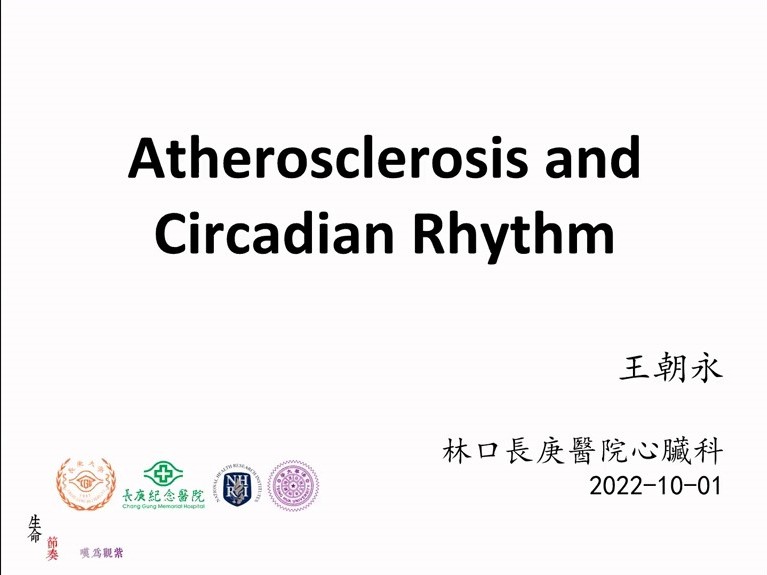
The day and night cycle is based on the rotation of the Earth on its axis. The circadian rhythm, driven by molecular clocks and external cues, connects the environmental changes to endogenous physiological function, behavior activities, and organ homeostasis, including the cardiovascular system. Disrupting the circadian rhythm due to shift work, long-distance traveling, or genetic variations can lead to obesity, aging, and atherosclerosis.
Experimental evidence and clinical trials both suggest that circadian rhythm disruption results in disruption of cardiovascular physiology and malalignment of multiple cellular functions. Genetic deletion of several circadian genes or shift works all result in increased cardiovascular disease incidences, worsening outcomes, and higher mortality. The interactions of circadian rhythm and the cardiovascular system are comprehensive, including atherosclerosis, endothelial function, heart failure, arrhythmia, and blood pressure control. In this talk, we will examine the detailed links between circadian rhythm and cardiovascular diseases.